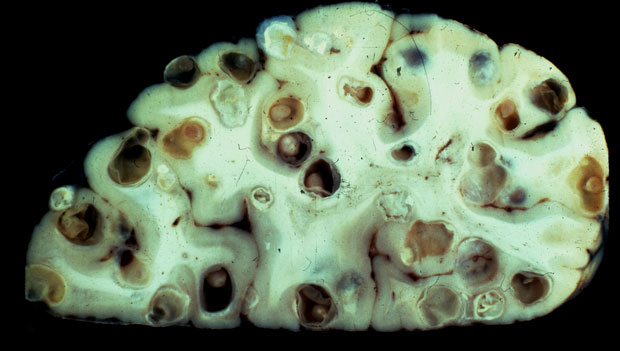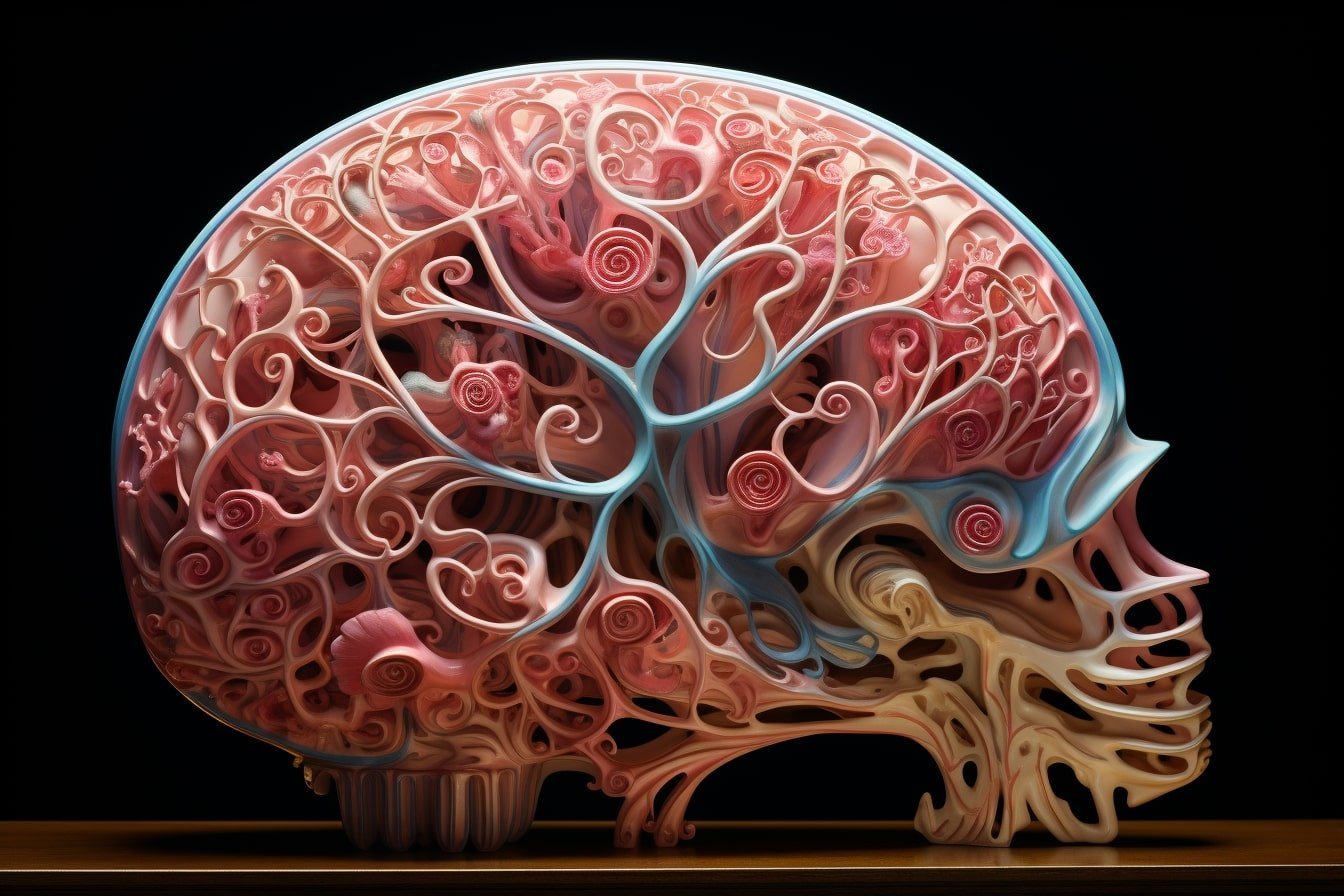Parasitic Brain Infections
What You Need to Know
Parasitic brain infections are a serious medical condition that can lead to significant morbidity and mortality. The most common type of parasitic brain infection is caused by the parasite Toxoplasma gondii, which is found in cat feces. Other parasites that can cause brain infections include Naegleria fowleri, which is found in warm freshwater, and Acanthamoeba, which is found in soil and water.
Symptoms
The symptoms of a parasitic brain infection can vary depending on the type of parasite that is causing the infection. However, some common symptoms include:
- Headache
- Nausea and vomiting
- Seizures
- Focal neurological deficits (e.g., weakness or numbness on one side of the body)
- Altered mental status
Diagnosis
The diagnosis of a parasitic brain infection is made by a combination of clinical symptoms and laboratory tests. A blood test can be used to detect antibodies to the parasite, and a cerebrospinal fluid (CSF) analysis can be used to detect the presence of the parasite in the brain.
Treatment
The treatment for a parasitic brain infection depends on the type of parasite that is causing the infection. In some cases, medication can be used to kill the parasite. In other cases, surgery may be necessary to remove the parasite from the brain.
Prevention
There are several things that you can do to prevent parasitic brain infections:
- Avoid eating raw or undercooked meat.
- Wash your hands thoroughly after handling raw meat or fish.
- Avoid swimming in warm freshwater.
- Avoid drinking water from untreated sources.


Komentar